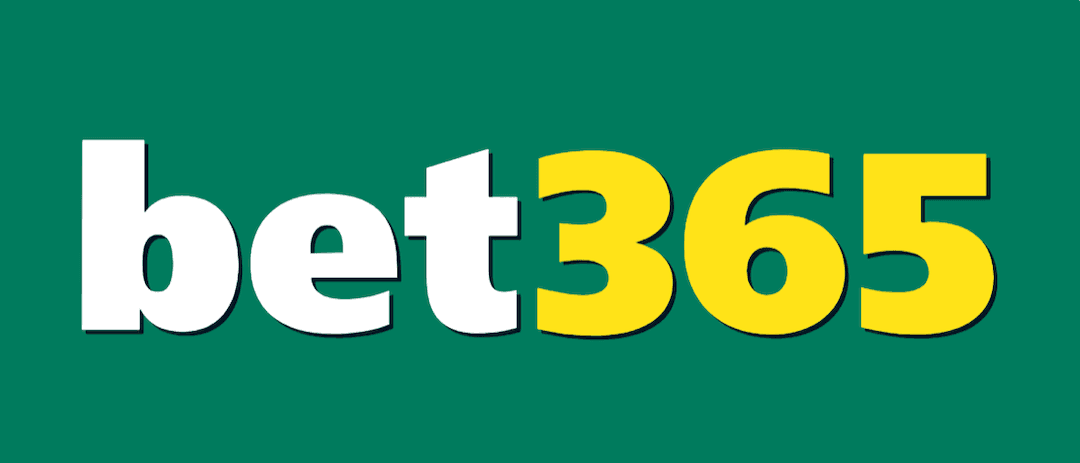[caption id="attachment_1992" align="right" textalign="center" width="304" caption="Entrance to Kim Il Sung Stadium, Pyongyang, photo by John Pavelka (Flickr)"]

[/caption]
North Korea 1-0 Japan
15/11/2011, Pyongyang
Scorer: Pak Nam-Chol
Japan's long reign as UFWC champions came to an end today in Pyongyang, as North Korea became the new unofficial football world champions. Midfielder Nam Chol Pak was the hero for the North Koreans, who fought hard for a deserved victory against an admittedly weakened Japan side. North Korea, ranked just 124th in the world by FIFA, become one of the most unlikely unofficial champions in UFWC history, proving that anything can happen over the course of 90 minutes.
This World Cup qualifier looked like something of a "dead rubber", with Japan already through to the next qualifying stage, and North Korea already eliminated. However, the UFWC title was very much at stake, as was a good deal of pride, with relations between these two nations historically set to "frosty". There were 50,000 people inside the Kim Il Sung Stadium, many of them army and public workers. Less than of them were Japanese fans. The stadium's plastic pitch provided an unfamiliar surface for most of the Japanese players, too.
Japan coach Alberto Zaccheroni made a host of changes for the match. Kawashima, Uchida, Yoshida, Endo, Havenaar and Kagawa were all left out from the team that started against Tajikistan, and in came Nishikawa, Kurihara, Inoha, Hosogai, Kiyotake, and Maeda. Only Komano, Konno, Hasebe, Nakamura and Okazaki kept their places.
North Korea immediately attempted to take advantage of Japan's weakened team, with a quick shot deflected just wide for a corner. Japan-born North Korean superstar Jong Tae-se, known as "the People's Rooney" (and known as Chong Tese in Germany, where he plays for VfL Bochum), was involved in much of the Korean play, and he forced Shusaku Nishikawa into a save on six minutes, his shot pushed wide of the post.
North Korea's early dominance clearly shook Zaccheroni, who called captain Makoto Hasebe over for some frantic instructions midway through the first half. And, although North Korea continued to dominate, the team suffered a huge blow with the withdrawal of an apparently injured Jong Tae-se. He was replaced by Pak Song-Chol.
Japan at least ended the first half on a positive note, with a good shot from Hasebe, but the match was goalless at the break.
The second half began with Japan winning their first corner of the game, but it came to nothing as Ryoichi Maeda flashed a header wide. Then came the game's defining moment.
A long ball was floated into the Japanese box, headed on by Kwang-Ryong Pak, then headed goalwards by Pak Nam-Chol. Nishikawa, who should probably have done better, was completely eluded by the bounce of the ball, which ended up in the back of the net. 49 minutes played and North Korea led 1-0.
It was a tough game, with some hard challenges flying in, and one such tackle by goalscorer Pak Nam-Chol on Ryoichi Maeda saw the two players square up to each other. Both were shown the yellow card.
Shinji Okazaki went close for Japan with a long range shot that was tipped over the crossbar by Korean keeper Myong-Guk Ri, but overall North Korea continued to have the better of the game. Zaccheroni responded by bringing on Mike Havenaar, and Japan immediately began to go long to the big striker.
Japanese spirits must have been raised when North Korea were reduced to ten men, with Jong Il-Gwan sent off for a foul on another substitute, Astuto Uchida. Tadanari Lee was also introduced as Japan desperately tried to make their numerical advantage count and grab an equaliser. A Uchida shot and Havenaar header failed to trouble the keeper, but Japan were increasing their share of the possession. Then a nice move saw Japan finally put the ball in the back of the net - only for Havenaar to be correctly flagged offside.
The announcement of five minutes of stoppage time gave Japan hope, but most of those five minutes were taken up by injuries to two North Korean players. The clock ticked down, and the final whistle blew. 1-0 to North Korea. Japan had lost the UFWC title, and North Korea were the new unofficial football world champions.
So, as unlikely as it may seem, North Korea are the new unofficial football world champions. North Korea's next scheduled match is against Tajikistan on 29 February 2012, and the recent UFWC performances of Tajikistan would suggest that the North Koreans will be well-placed to extend their reign.
We'll be taking a closer look at the new UFWC champions here over the next few days, reflecting on the impressive reign of former champions Japan, and looking ahead to the future of the Unofficial Football World Championships.


 [/caption]
[/caption]




